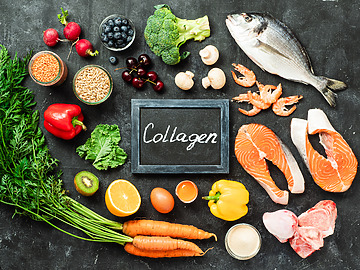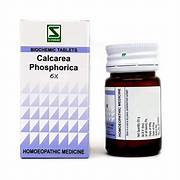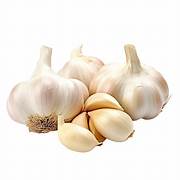Collagen is the most abundant protein in the human body and plays a crucial role in maintaining skin health, elasticity, and hydration. As people age, the body’s natural collagen production decreases, leading to dry skin and the formation of wrinkles. Here are some key insights into the benefits of collagen for skin health:
1. Role of Collagen in Skin Health:
- Collagen is a major component of the skin, providing strength, elasticity, and hydration
- As the body ages, the decrease in collagen production can lead to dryness and the formation of wrinkles
- 2. Benefits of Collagen Supplementation for Skin:
- Studies have shown that collagen supplements or peptides may help slow the aging of the skin by reducing wrinkles and dryness
-
Research has indicated that collagen supplements can improve skin elasticity, moisture retention, and increase the density of collagen fibers within the skin
3. Natural Collagen Production and Dietary Sources:
- While collagen supplements are available, it’s important to note that the body can naturally produce collagen through a well-balanced diet that includes protein-rich foods, vitamin C-rich fruits and vegetables, and minerals like zinc and copper
- Consuming collagen through certain foods and bone broth can also contribute to maintaining healthy collagen levels in the body.
Natural Approaches to Boost Collagen Production
The body naturally produces collagen, but as people age, the amount and quality of collagen decrease, leading to a loss of skin elasticity and the formation of lines and wrinkles
Several natural approaches can help boost or restore collagen levels, including supplements, diet changes, and medical treatments
Collagen Supplements
Collagen supplements have become increasingly popular in the market. These supplements come in various forms, including collagen powders and hydrolyzed collagen products. It’s important to note that the FDA does not review dietary supplements for safety and effectiveness before they go to market
Foods with Collagen Boosting Benefits
Certain foods contain nutrients that support collagen production, such as protein-rich foods, vitamin C-rich fruits and vegetables, and minerals like zinc and copper
Limitations and Considerations
It’s important to consider the limitations and considerations associated with artificial collagen boosting products. While supplements and artificial treatments may be helpful, it’s crucial to assess if the body truly needs additional collagen
Furthermore, the regulation of collagen supplements by the FDA is limited, and the effectiveness of these products may vary
Professional Treatments for Collagen Stimulation
In addition to supplements and dietary approaches, professional treatments such as injectable gel forms and laser therapies can stimulate fibroblasts to increase cell turnover, enhance skin elasticity, and boost collagen production






Simply desire to say your article is as surprising The clearness in your post is simply excellent and i could assume you are an expert on this subject Fine with your permission let me to grab your feed to keep up to date with forthcoming post Thanks a million and please carry on the gratifying work